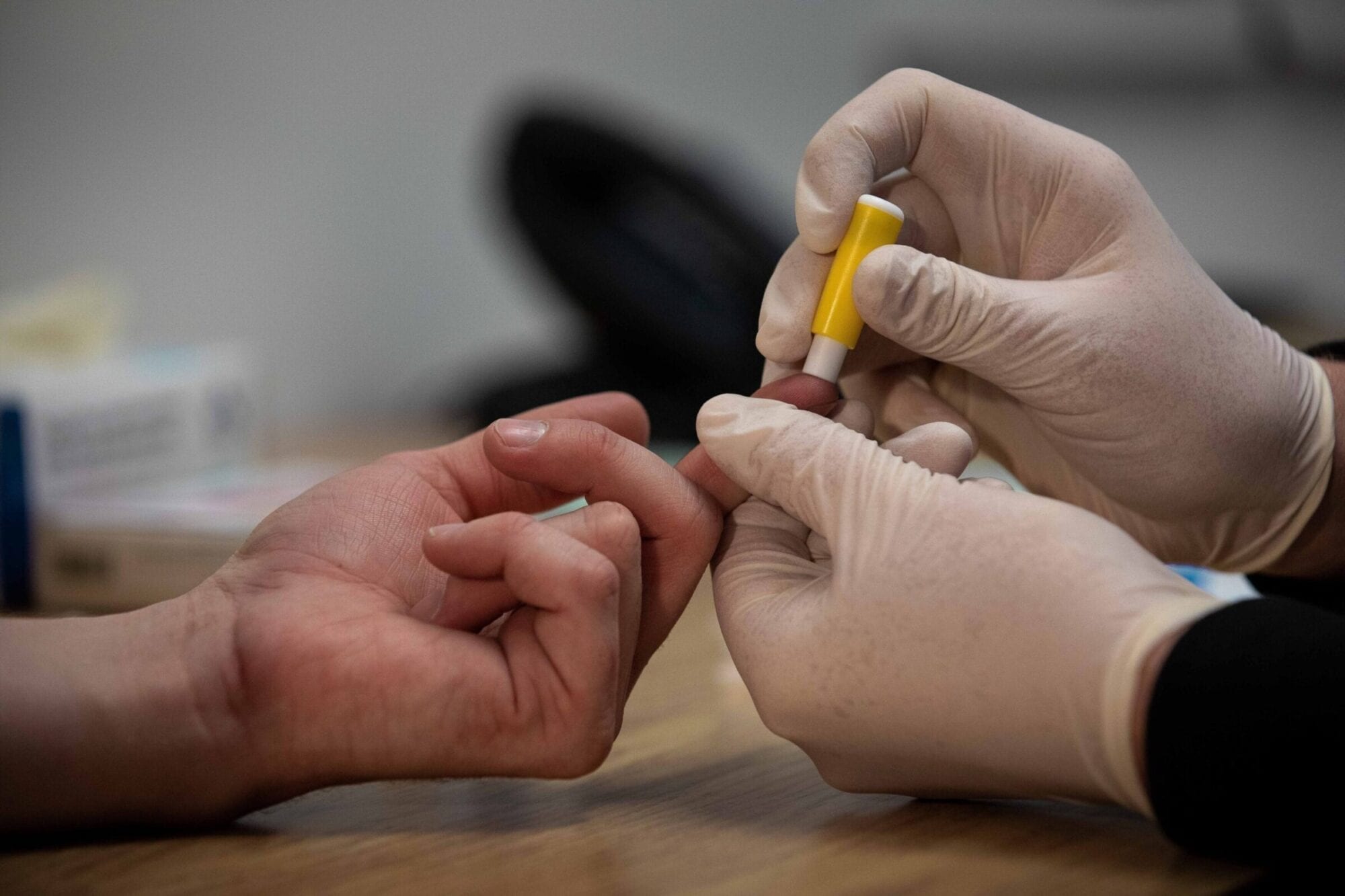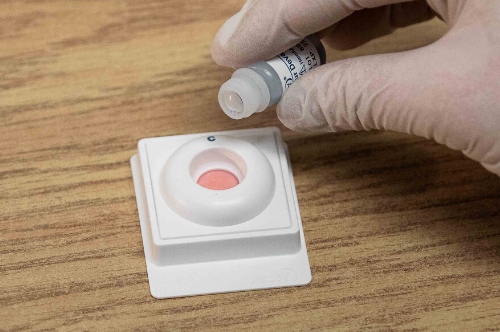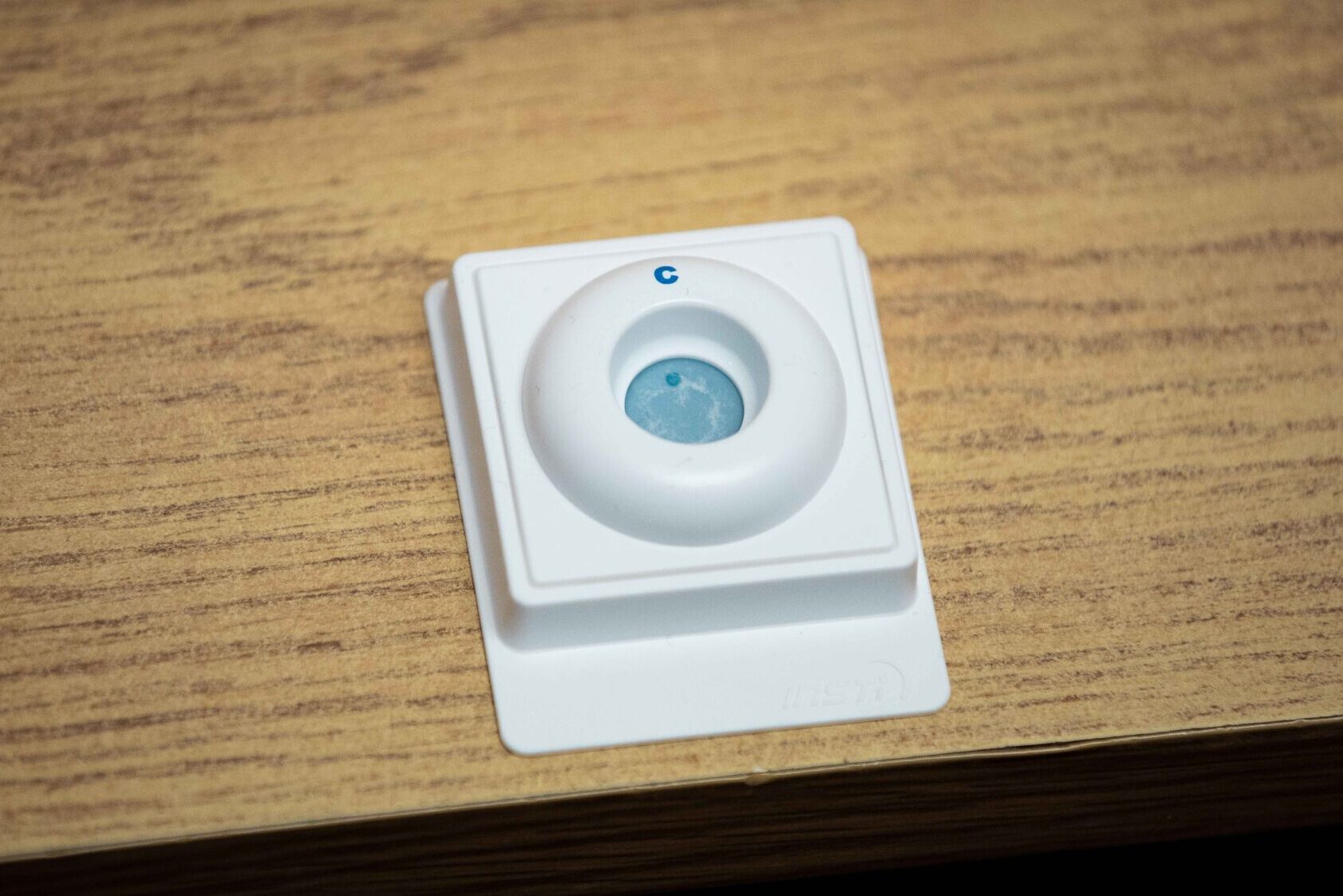
Why should I get tested?
Whether it’s your first HIV test or you’re looking for routine testing, we understand it can be a stressful process. We’re here to answer all your questions and make things much easier.
A major component of managing your health is knowing your HIV status. The HIV test is the first step to health planning and decision-making. Depending on the test result, your status points towards specific action plans to limit HIV’s impact on your health.
If you are HIV-negative, you can learn about and access HIV-prevention technologies like condoms, PrEP, and PEP.
If you are HIV-positive, receiving medical care and starting treatment soon after infection often results in healthier outcomes. Starting and adhering to a HIV treatment plan is the key to living a healthy life and eliminating the possibility of passing the virus to others.
Establishing and following a routine HIV testing schedule is an effective strategy for many guys. Some folks get tested every three months, and others just once a year. To determine how often you should get tested, or to learn more about how HIV is passed on,
What types of HIV tests are conducted?
ACT provides three different types of HIV tests...
The Rapid Test (most common)
- Blood is drawn from a finger prick
- Results in seconds
- This test detects HIV antibodies, produced by the immune system as a defensive response to HIV
- Effective 4 weeks after a possible infection
The Standard Test
- Blood is drawn directly from the vein (usually from the arm)
- Results in 5-7 days
- This test detects HIV antibodies, produced by the immune system as a defensive response to HIV
- Effective 4 weeks after a possible infection
- This test is used to conduct a confirmatory HIV test. If the Rapid Test result is reactive (when HIV antibodies are detected in the blood), an additional blood sample is collected to confirm the Rapid Test results.
The P24 Antigen Test
- Blood is drawn directly from the vein (usually from the arm)
- Results in 5-7 days
- This test detects the p24 antigen, a protein found in blood serum shortly after HIV transmission. The p24 antigen is produced by the immune system as a defensive response to HIV.
- Effective 2-4 weeks after a possible infection
What test is right for me?
Whether it’s your first HIV test or you’re looking for routine testing as usual, or you’re concerned about a possible infection, talk to your tester about your sexual history so they can help you select a test that’s right for you!
I think I have HIV. What should I do?
Within 72 hours:
Go to your nearest emergency room or clinic and ask for PEP (post-exposure prophylaxis). Click here for more information on what PEP is and how to access it.
If it’s been more than 72 hours:
Try not to have condomless sex or share injection supplies. If it’s been at 2-4 weeks after possible contact with HIV, ask for the p24 antigen HIV test. We offer the p24 antigen HIV test at ACT. If it’s been more than 4 weeks after possible contact, ask for the rapid HIV test.



